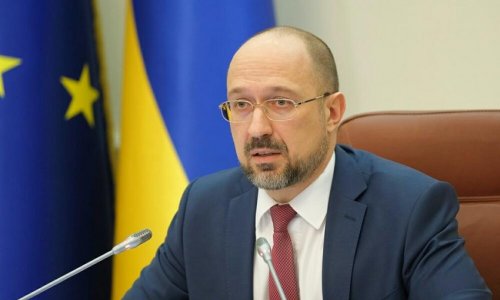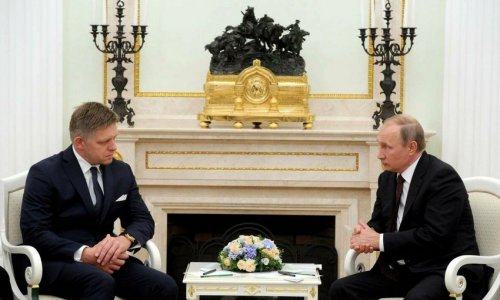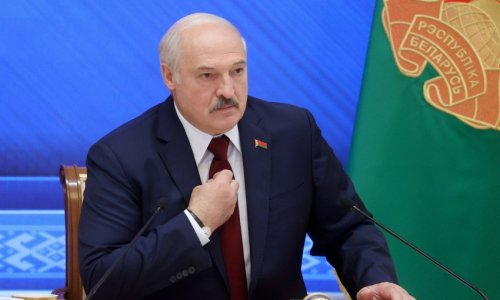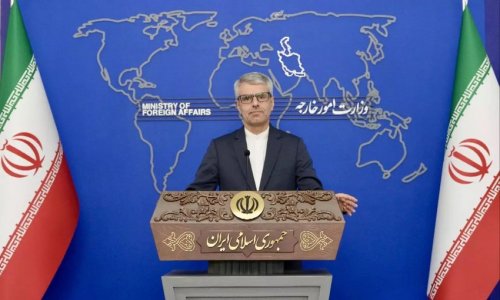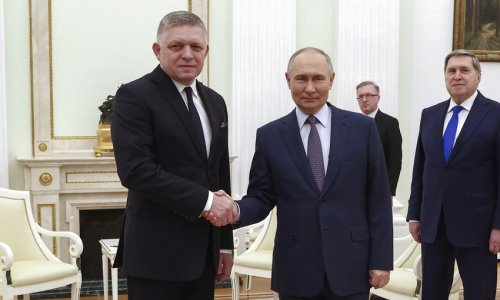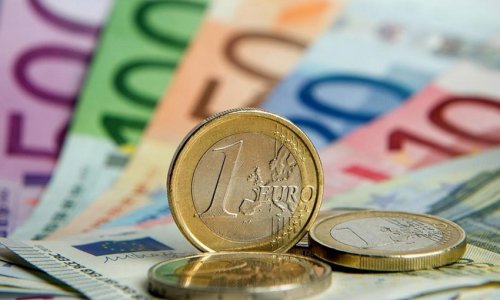The actions of the pro-Russian forces, who it appears shot down a civilian airliner, might seem at first glance to be crude and unsophisticated. But in one sense they're on the cutting edge. They represent something we see all around us these days – the democratization of violence.Let me explain.For most of history, the side with the bigger army usually won a conflict. But over the past few decades a different pattern has been emerging – the power of asymmetrical warfare. Look at the pro-Russian separatists, or Hamas or Hezbollah or the insurgents in Afghanistan or Iraq, and you will see attacks that are cheap compared with the massive response then launched by traditional armies. In Moisés Naim's excellent book The End of Power, he calculates that for every dollar that al Qaeda spent planning and executing the 9/11 attacks the United States spent $7 million countering it or coping with the losses. That's a ratio of $1 to $7 million. Staggering, indeed. That is why Naim says never in the field of human conflict have so few had the potential to do so much to so many at so little cost.Naim cites scholar Ivan Arreguin-Toft, who looked at asymmetrical conflicts in history and found that while 150 years ago the weaker party would win only about 12 percent of such wars, in the last 50 years it has prevailed 55 percent of the time.But let's be clear about the current crisis in Ukraine. This is not really a story about a band of rebels who are up against the Ukrainian government. It is about little Ukraine up against Russia, a country that spends 35 times what Ukraine does on its armed forces. The Russian effort to turn this into an asymmetrical conflict by using Special Forces, rebels, and perhaps even mercenaries is a conscious strategy to take advantFage of the power of asymmetry.Moscow is seeking to destabilize Ukraine at low cost, and perhaps most important with the ability to deny its involvement. The best way to counter Russia's strategy is to deny that advantage that it seeks. The world must make clear that it recognizes that Russia has had a conscious deliberate centrally directed policy to destabilize Ukraine, and to do so has sent into the battlefield heavy weapons including anti-aircraft weapons.This is not a case where terrorists are operating without an address or a home base. It's called the Kremlin. If the world and the West hold Russia responsible for its actions in eastern Ukraine and insist that the government of Ukraine – which Russia claims to recognize – be allowed to take control of all regions of its country and help the democratically elected leaders in Kiev, Mr. Putin's strategy of causing chaos on the cheap will not work.After all, despite Russia's huge defense budget, despite its massive size, despite a United Nations Security Council veto, it is now watching its neighbor, historically part of Russia, move irretrievably from its grasp. And why? Because Russia has provoked the most important force in the modern world – nationalism.Ukrainian public sentiment, and sentiment in Eastern Europe and perhaps beyond, has become deeply anti-Russian. That's an intangible force, but one that has proved to be very powerful in modern history. In that sense, it is the Kremlin that is on the wrong side of asymmetrical warfare.(CNN)Bakudaily.az
How West should handle Russia - OPINION
World
09:29 | 23.07.2014
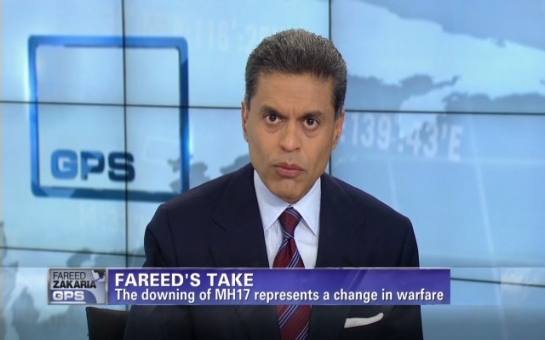
How West should handle Russia - OPINION
By Fareed Zakaria
Follow us !

